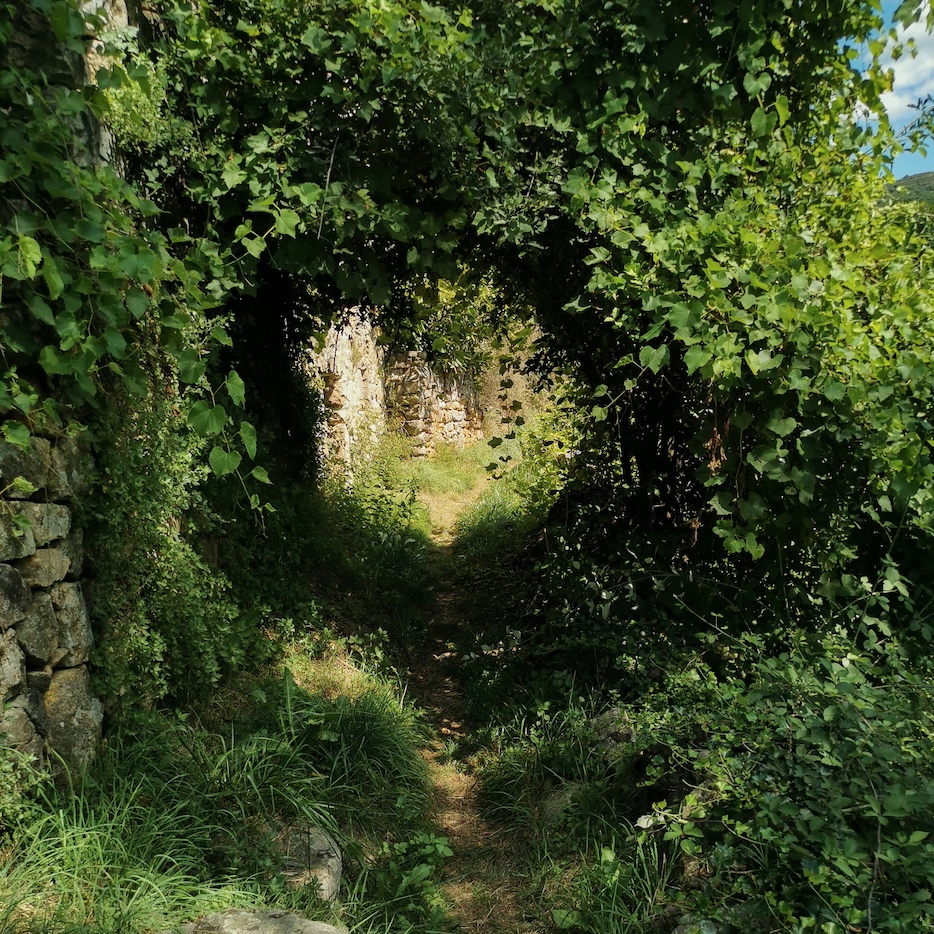
Shortlisted for the Edward Stanford Travel Book of the Year 2025
A Financial Times best summer travel book of 2024
Travel Book of the Year at the Inspire Global Media Awards
‘A powerfully delicate book of love, loss and discovery, along paths of emotional understanding and physical wonder.’ Raynor Winn
On an assignment to walk the most famous pilgrimage in the world – the Camino de Santiago, in northern Spain – Phoebe Smith somehow lost her way.
Having spent a lifetime exploring unfamiliar places, she quit her dream job, ended her long-term relationship and headed home to North Wales to discover the point to… everything.
In her search for answers she found herself – quite by accident – walking some of Britain’s oldest pilgrim paths. And by following these old ways, she ended up confronting past traumas that she thought she had laid to rest.
But while it follows holy trails, this is not a book about religion. From losing her mother as a teenager to surviving toxic relationships, Phoebe offers an unflinchingly honest look at her battle with an eating disorder, depression, and the pitfalls of newfound singledom.
Skilfully weaving together Phoebe’s own story with those of countless travellers past and present, Wayfarer reveals how nature and place can heal past wounds, offering a pathway to salvation she’d never thought existed.
Paperback from Harper North: £10.99
Related

Wayfaring with a Wandering Woman
Wayfarer is part memoir, part travel narrative, part nature book, which begins while Phoebe Smith was sent on assignment to walk the most famous pilgrimage in the world – the Camino de Santiago, in northern Spain – and somehow lost her way. Where most people ended with a sense of joy an achievement, Phoebe was

